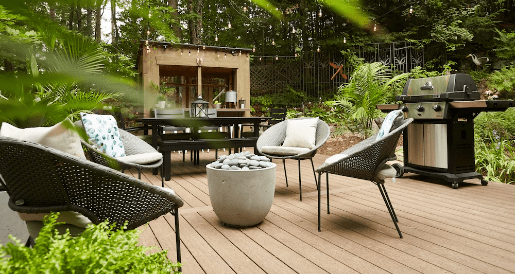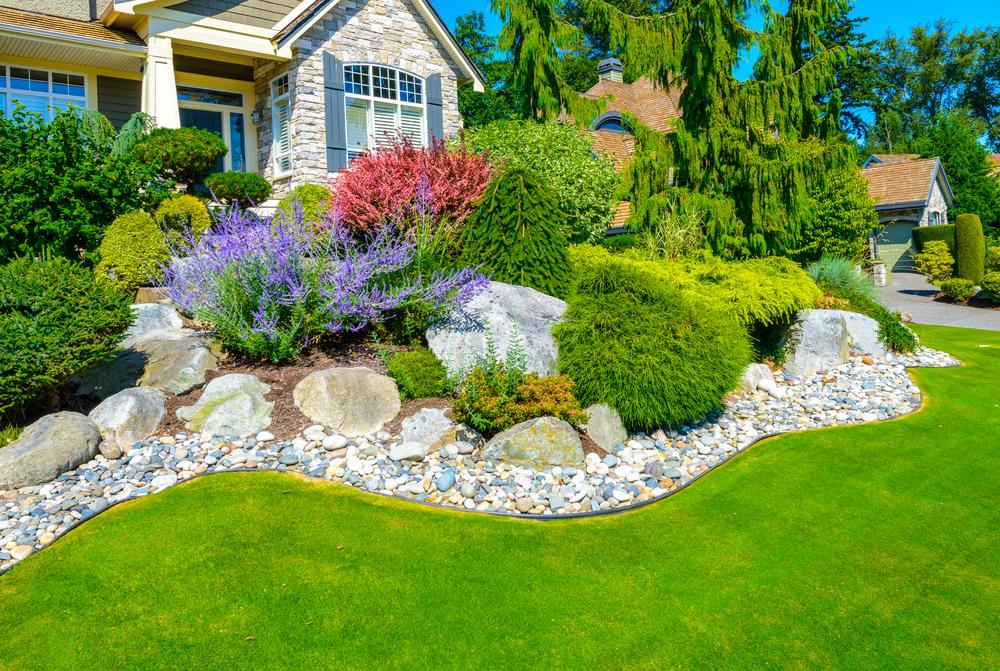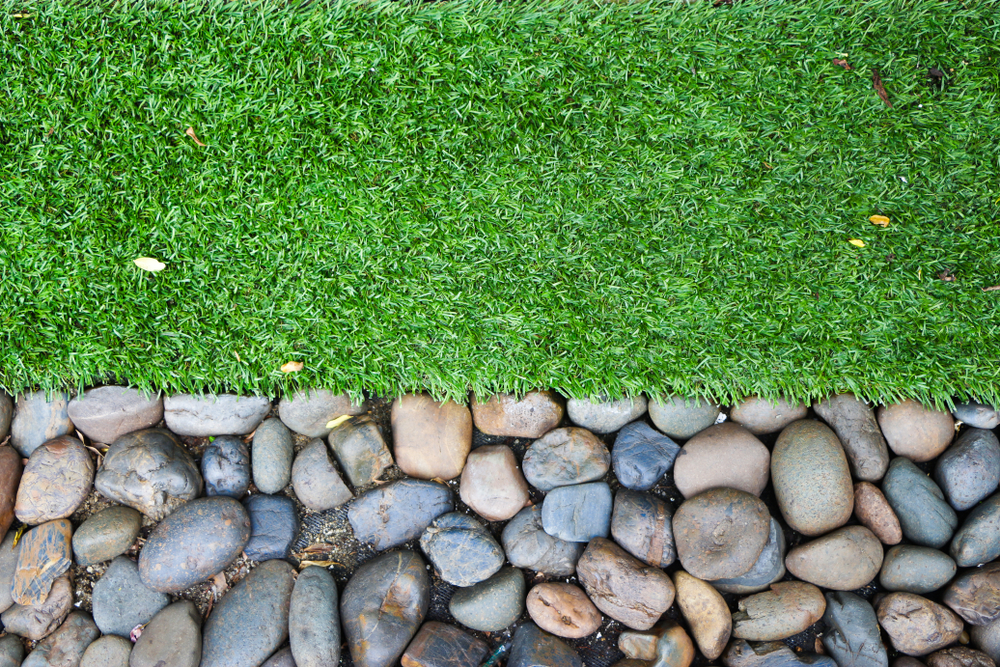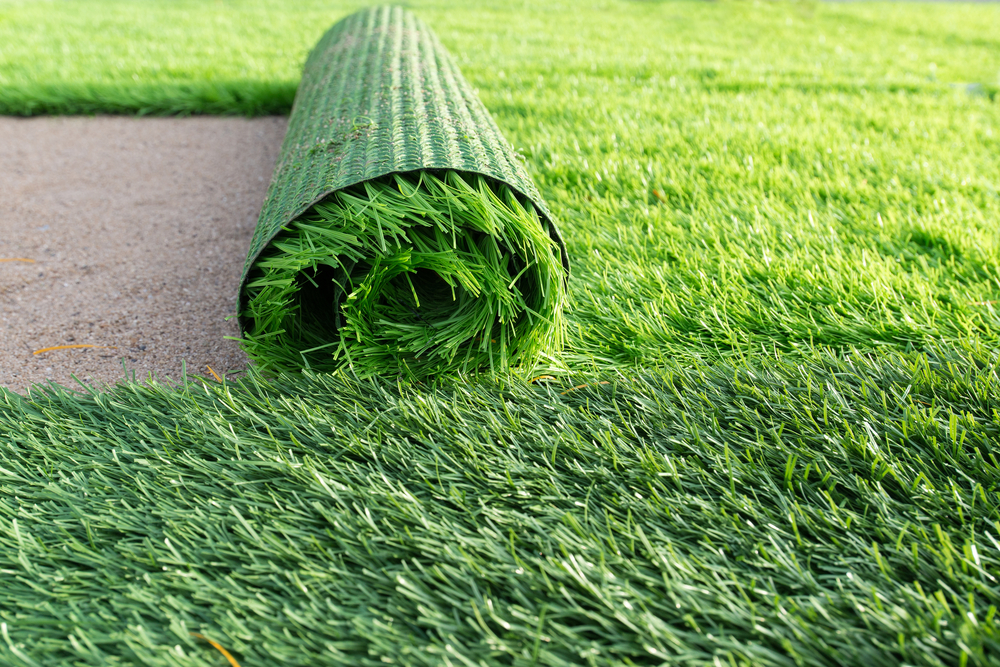When working on a new project that involves pavement, flagstone offers a myriad of benefits that you can’t get with any other material.
Using Flagstone for Your Next Project
Flagstone is basically hardened sedimentary stone that is comprised of layers of sediments, clay or sand. For many years, flagstone has been one of the more popular choices for use as a paving material due to the unique qualities it has when compared to standard paving materials. Understanding more about the benefits associated with using flagstone for a new patio or sidewalk design will help you when making your final purchase decision.
Why You Should Use Flagstone
Flagstone has a number of basic qualities to it that can make it really appealing when planning your next landscaping project. This material is very flexible. Because of the many different colors and shapes this stone comes in, no two projects using flagstone will look the same. Flagstone also provides you with a lot of options. It can either be laid down as a completely solid surface or single stones can be laid as a means of making room for plants to grow in-between them. The texture of the stone is non-slip, while the colors you select for the project can vary greatly. You can either use one single color for the entire design or make use of different colored stones throughout the project. These colors include red, blue, gold and orange, among others.
Benefits of Using Flagstone
The advantages of using flagstone are numerous. No two stones are alike, which provides your project with a unique look. There’s hardly any need for maintenance when it comes to these stones. Even if the stone becomes damaged, it can be quickly remedied. Flagstone is one of the more durable paving materials available. Turf and moss can be planted around the stones, which makes the area even more relaxing.
Disadvantages of Using Flagstone
When purchasing flagstones in Las Vegas, it’s also important to be aware of any disadvantages with the material at hand. Thankfully, flagstone hardly has any notable negatives to it. One issue to keep in mind is that certain varieties can cost upwards of $20-$25 per sq. ft. However, common varieties generally cost a mere $3-$5 per sq. ft.





